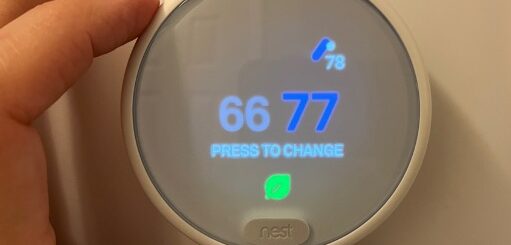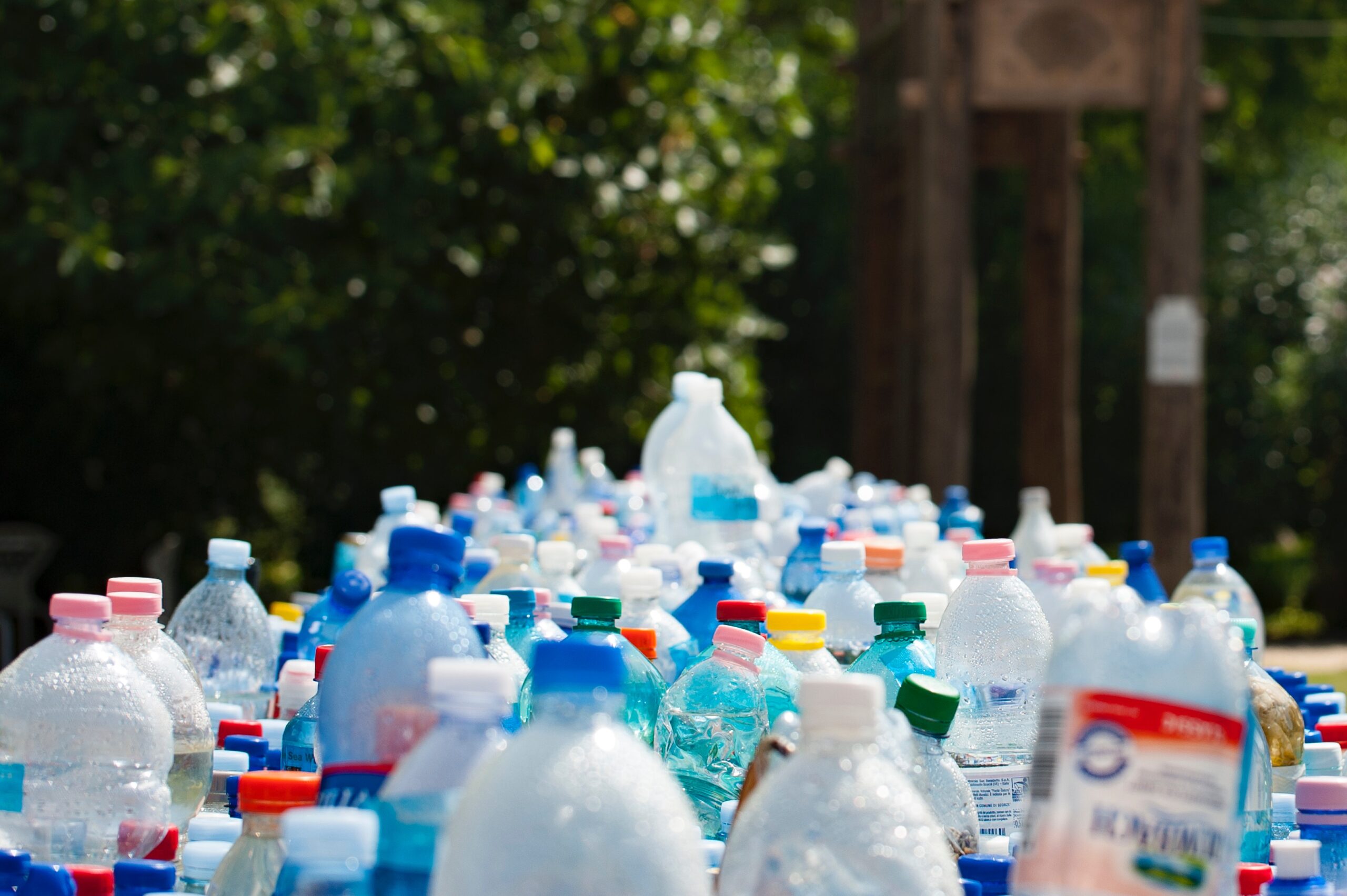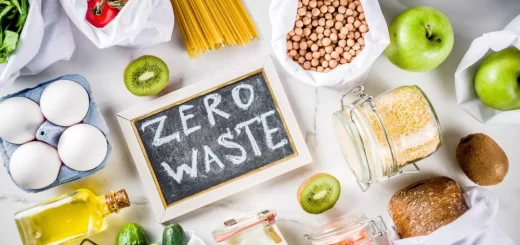The Impact of Food Waste on the Environment and Ways to Reduce It

Food waste is a pervasive global issue with serious environmental consequences. Each year, an alarming amount of food is discarded, leading to excessive greenhouse gas emissions, resource depletion, and habitat destruction. In this blog post, we’ll delve into the impact of food waste on the environment and explore effective ways to reduce it. Additionally, we’ll discuss the benefits of composting, with a focus on kitchen composting and the tools available to facilitate this sustainable practice.
The Environmental Impact of Food Waste
Food waste is a significant contributor to environmental degradation. When food is thrown away and ends up in landfills, it undergoes anaerobic decomposition, releasing methane – a potent greenhouse gas responsible for climate change1. According to the Food and Agriculture Organization (FAO) of the United Nations, food waste generates about 3.3 billion metric tons of CO2 equivalents annually2.
Furthermore, the production of food requires substantial resources, such as water, energy, and agricultural land. When edible food is wasted, these resources are squandered, leading to additional environmental strain3. It is estimated that nearly 28% of the world’s agricultural land is used to produce food that ultimately goes to waste4. This wasteful consumption exacerbates issues of deforestation and habitat loss, as well as water scarcity.
The Importance of Reducing Food Waste
Reducing food waste is crucial for mitigating the impacts of climate change, conserving resources, and protecting biodiversity. By tackling food waste at various stages of the supply chain, from production to consumption, we can make a significant positive impact on the environment.
Tips to Reduce Food Waste at Home
a. Smart Shopping: Plan meals ahead and create shopping lists to avoid purchasing more than you need. Buy perishable items in smaller quantities and prioritize consuming them before they spoil.
b. Proper Storage: Ensure correct storage conditions for fruits, vegetables, and other perishables. Use airtight containers to extend the shelf life of leftovers and freeze excess food for future use.
c. Monitor Expiry Dates: Regularly check expiration dates on food items to prevent having to discard out of date food or consuming products past their prime.
d. Embrace Ugly Produce: Imperfect-looking fruits and vegetables are often discarded, even though they are perfectly safe to eat. Support local initiatives that promote the consumption of “ugly” produce.
e. Donate Surplus Food: Consider donating excess, non-perishable food items to food banks or shelters to help those in need.
f. Repurpose Scraps: Get creative in the kitchen and use vegetable peels and scraps to make delicious stocks, soups, and smoothies.
g. Share Meals: If you find yourself with more food than you can consume, share meals with friends or neighbors to avoid waste.
The Role of Composting in Reducing Food Waste
Composting is an eco-friendly practice that turns food scraps and organic waste into nutrient-rich compost, benefiting the soil and reducing greenhouse gas emissions5. By diverting organic waste from landfills, composting significantly lowers methane production and lessens the burden on waste management systems.
a. Kitchen Composting
Kitchen composting involves collecting and composting organic waste generated during food preparation. This can include fruit and vegetable peels, coffee grounds, eggshells, and more. While setting up a compost pile in the backyard is an option, it might not be practical for everyone, especially those living in urban areas or apartments.
b. Tools for Kitchen Composting
Several tools can make kitchen composting a breeze:
i. Compost Bins: A countertop compost bin with a tight-fitting lid and a carbon filter helps contain odors and keeps fruit flies at bay. Choose a bin with a capacity that suits your household’s needs.
ii. Compost Bags: Biodegradable compost bags can line your kitchen compost bin, making it easier to transfer the waste to an outdoor compost pile or local compost collection site.
iii. Worm Bins: Vermicomposting, using worm bins, is an efficient way to compost food scraps indoors. Red wiggler worms break down organic matter, producing nutrient-rich worm castings.
iv. Bokashi Composter: Bokashi composting uses a special fermentation process to break down organic waste, including meat and dairy products, without producing foul odors.
Food waste is a pressing environmental challenge, but by implementing simple changes in our daily routines and adopting sustainable practices like composting, we can make a substantial difference. Reducing food waste not only benefits the environment but also helps alleviate hunger, conserve resources, and create a more sustainable future for generations to come. Let’s take action today to reduce our food waste footprint and contribute to a healthier planet.
References:
- Environmental Protection Agency. (2021). Food Loss and Waste. [Online]. Available at: https://www.epa.gov/sustainable-management-food/food-recovery-hierarchy#food-waste
- Food and Agriculture Organization of the United Nations. (2011). Global Food Losses and Food Waste. [Online]. Available at: http://www.fao.org/3/i2697e/i2697e.pdf
- Buzby, J. C., Wells, H. F., & Hyman, J. (2014). The Estimated Amount, Value, and Calories of Postharvest Food Losses at the Retail and Consumer Levels in the United States. [Online]. Available at: https://www.ers.usda.gov/webdocs/publications/43833/43680_eib121.pdf
- Searchinger, T., Waite, R., Hanson, C., Ranganathan, J., Dumas, P., & Matthews, E. (2019). Creating a Sustainable Food Future: A Menu of Solutions to Feed Nearly 10 Billion People by 2050. [Online]. Available at: https://wriorg.s3.amazonaws.com/s3fs-public/creating_a_sustainable_food_future_0.pdf
- US Composting Council. (2021). Benefits of Composting. [Online]. Available at: https://compostingcouncil.org/benefits-of-composting/



 Rob McCandless
Rob McCandless



